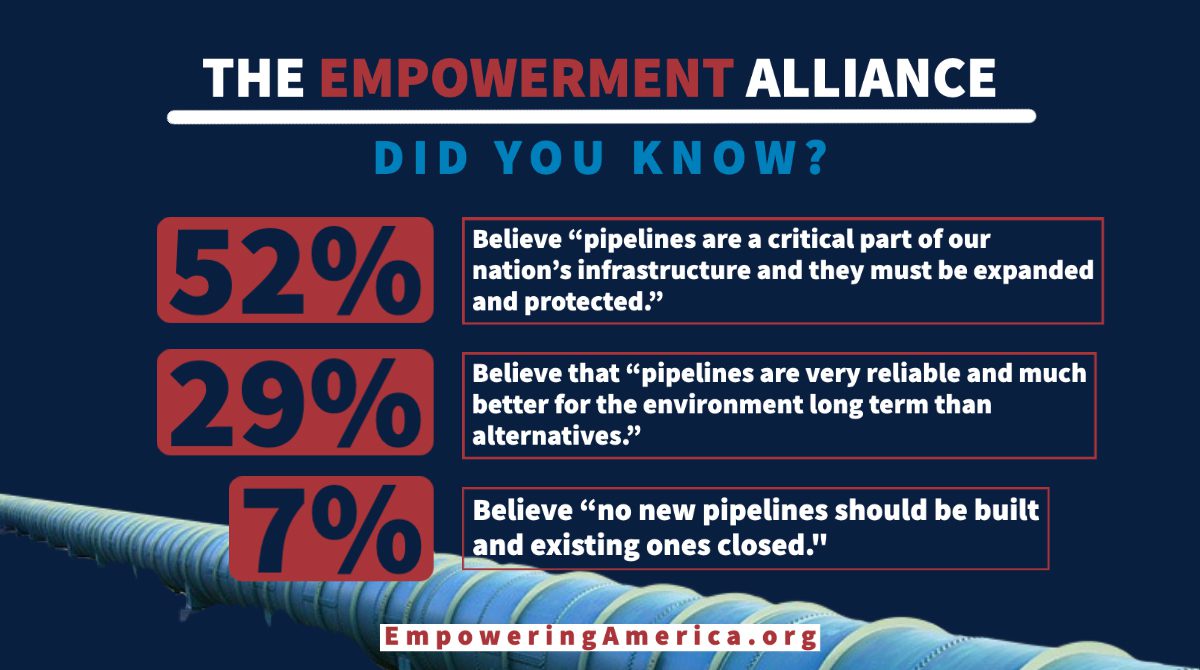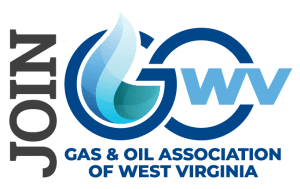
Last week, the developer of the Keystone XL pipeline announced it was permanently canceling the project, after the Biden administration pulled its permit as one of their first official acts. This pipeline would have safely delivered oil to meet significant demand from American Gulf Coast refineries. Keystone XL was simply an expansion to a system that has been operating since 2010 and has already safely transported over 2 billion barrels of oil.
The loss of nearly 11,000 U.S. jobs and $2 billion in earnings that Keystone XL would have created is significant. But, even greater will be the long-term effects that this pattern of politicizing critical infrastructure projects to death will have on affordable energy prices for American families and businesses.
The recent cyberattack on the Colonial Pipeline shut down gas stations along the East Coast and drove gas prices over $3 for the first time since 2014. Colonial could be a case study in what will happen if we continue to lose these important energy transport systems. Only this time, the attack isn’t from Russian hackers, it’s from our own political leaders.
However, there is hope where it always is—in the hard work and common sense of the American people. A recent poll showed that 52.3% of voters believe “pipelines are a critical part of our nation’s infrastructure and they must be expanded and protected.” And, another 28.5% of voters believe that “pipelines are very reliable and much better for the environment long term than trucks, trains, or ships.”
So, as we gas up our cars for summer vacations and weigh how much that extra dollar a gallon will cost us at the end, it’s important to remember that the politicized energy agenda coming out of Washington has now found its way into our every-day American lives. We must continue to fight for the common-sense solutions like pipelines that have fueled both our economic progress and our everyday lives.
If you’d like to know more about how pipelines are the “arteries of the nation’s energy infrastructure,” check out the TEA pipeline factsheet.

